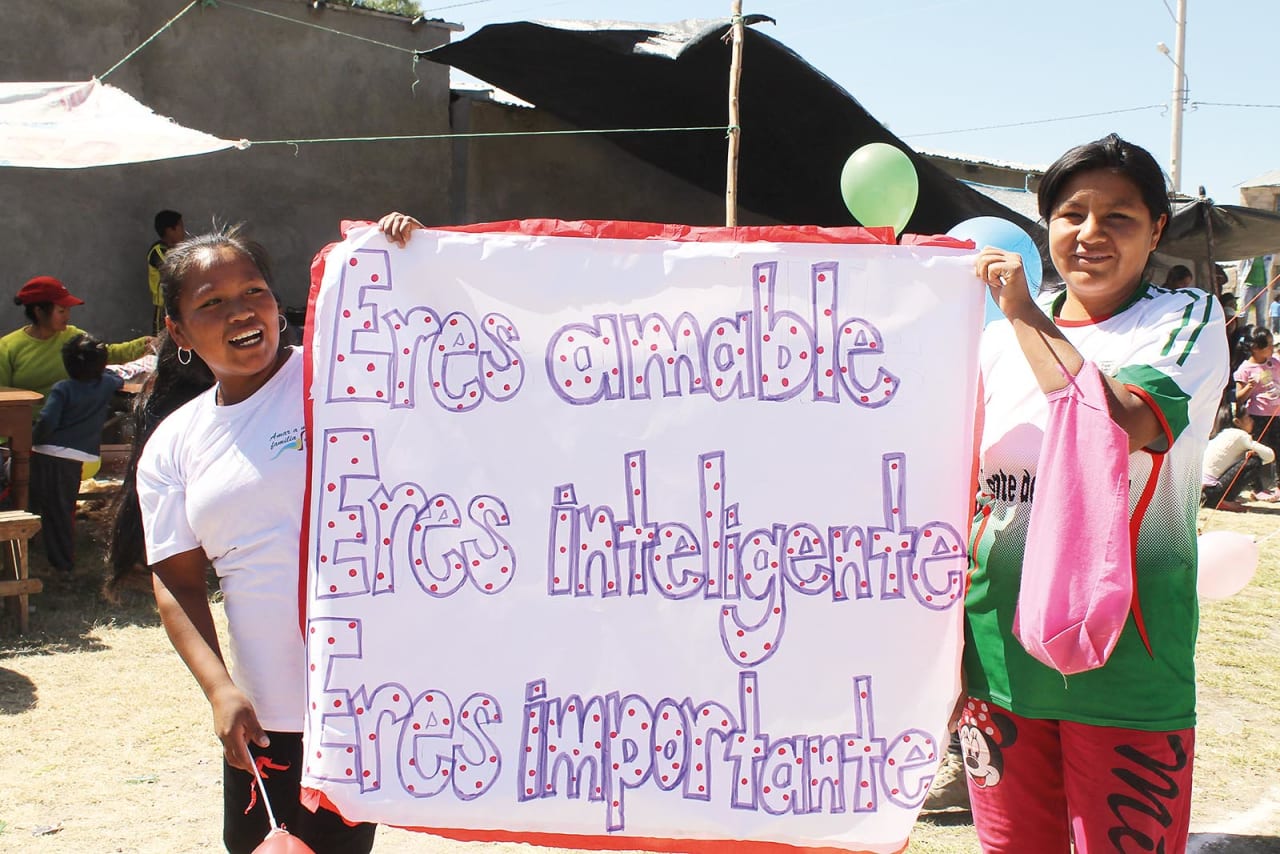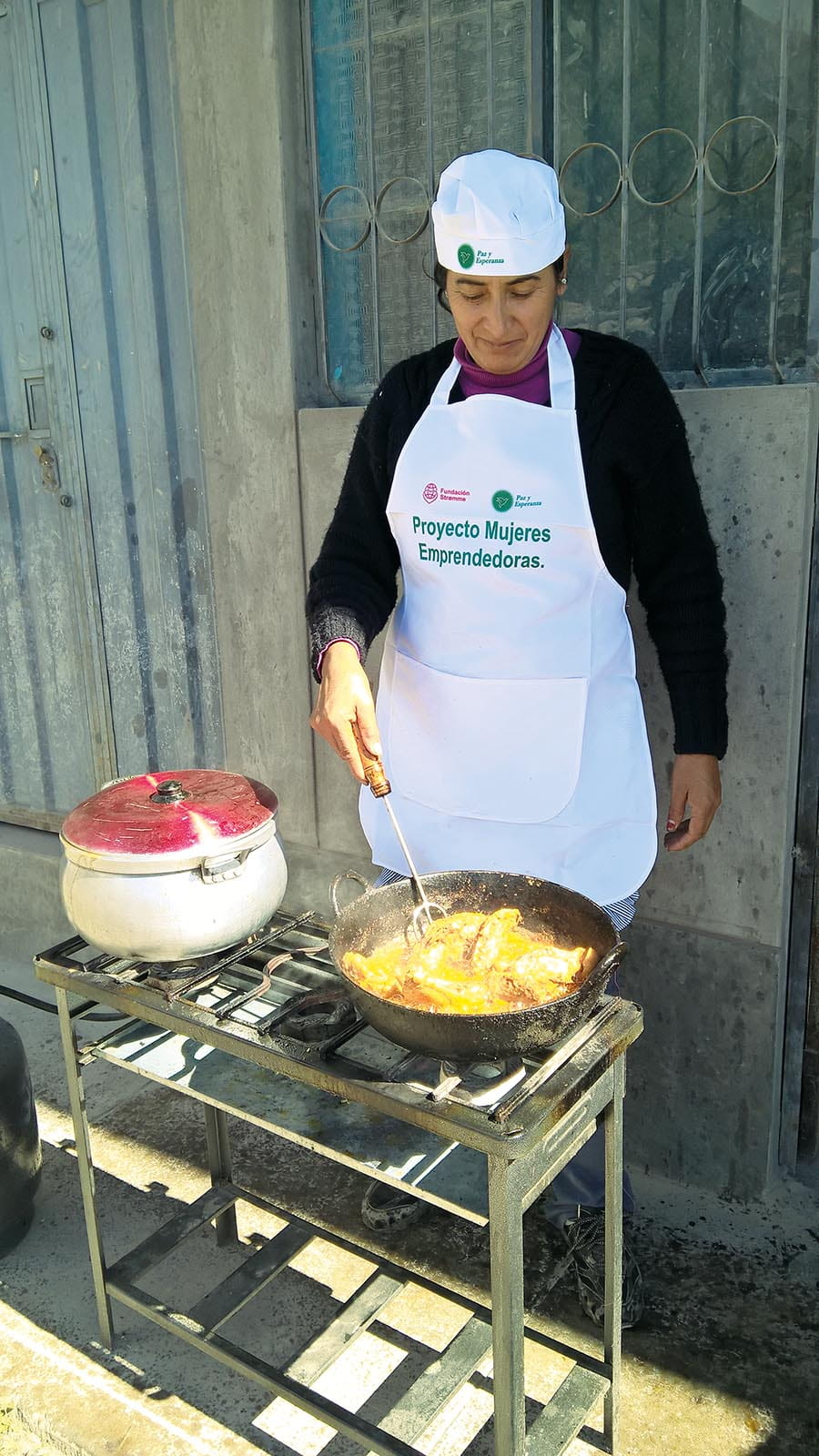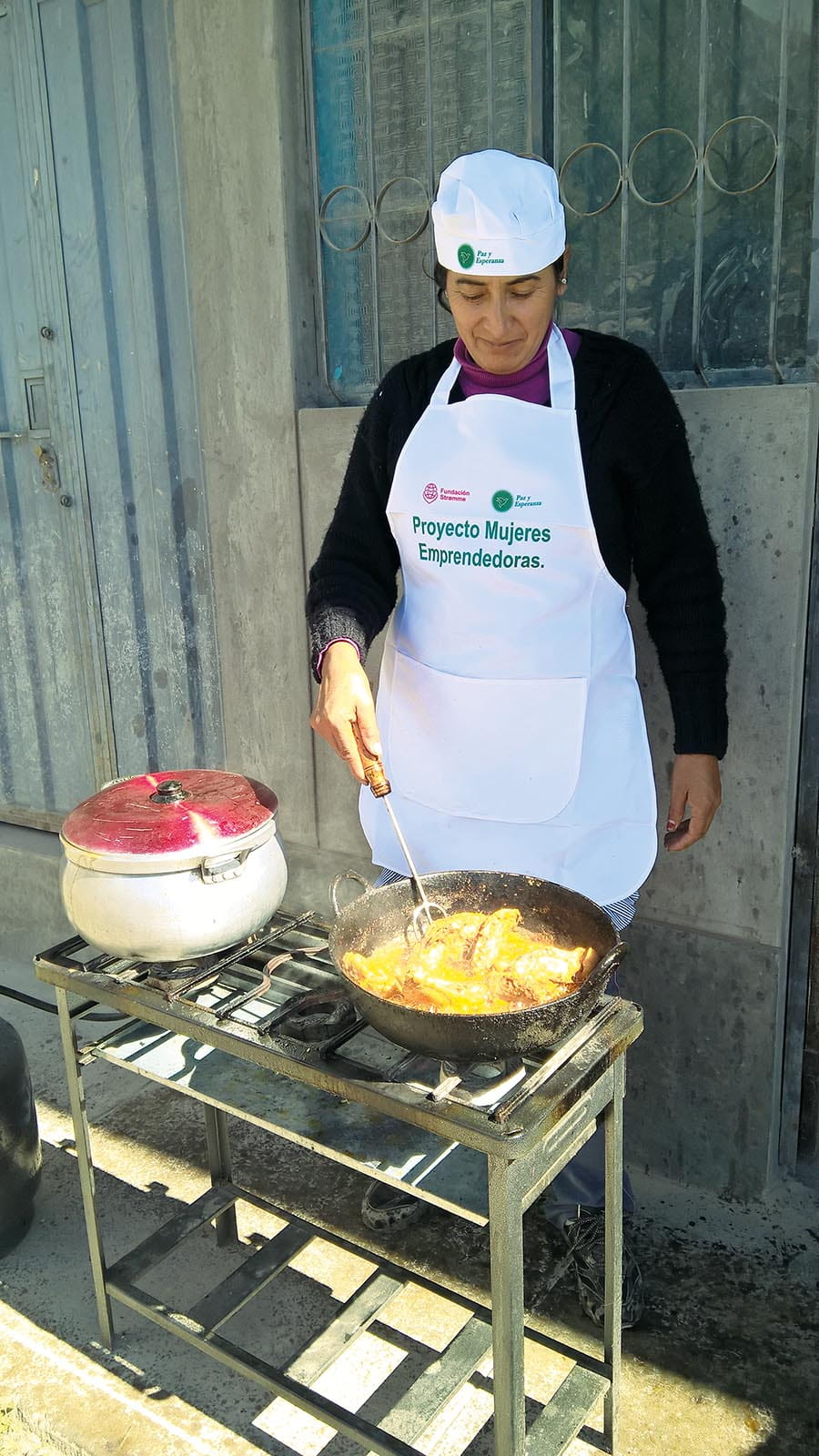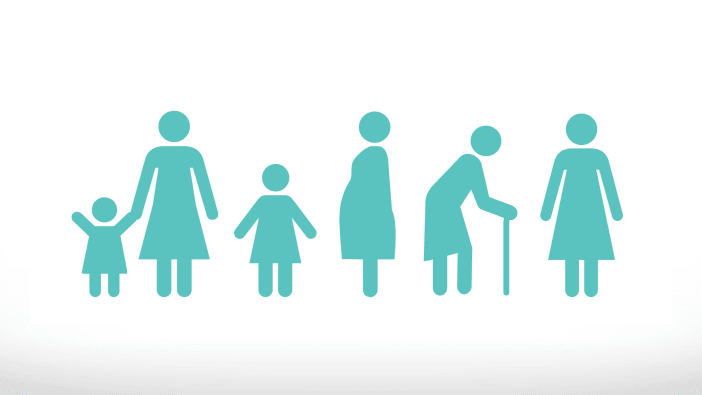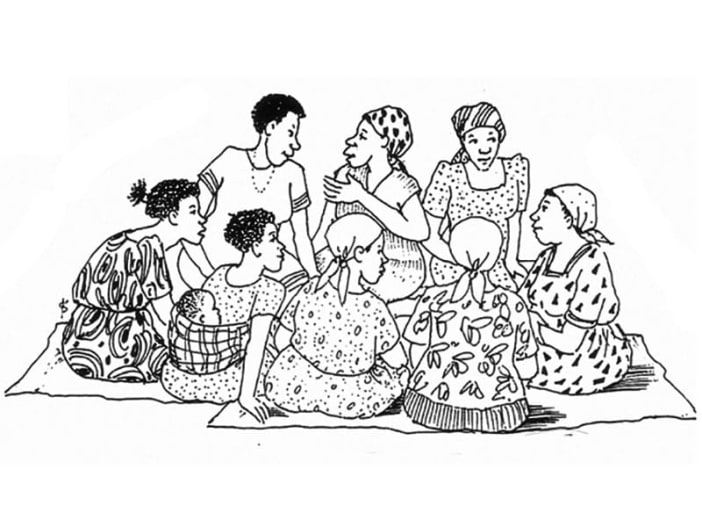Maribel* never imagined a $30 loan would make her a slave…
When disease struck her husband several years ago, Maribel sold their land to pay the medical debts. She then sold their cattle, and everything else they owned, looking for a cure. But it was all in vain. Her husband eventually died in their one-room house on the outskirts of La Paz, Bolivia.
With no money and desperate for work, Maribel and her daughter took a cleaning job in Potosí, a distant province. The work was a long way from their community, but the employer provided accommodation and gave Maribel a loan of $30 for her moving expenses. After working there for just a week, Maribel realised the truth: on the wage she was receiving, she would never pay back this debt. Her employer owned her.
He became increasingly violent and abusive, paying Maribel just enough to allow her to eat and make her loan payments. When angry, her boss and his gangsters tortured her and the other female workers, burning them with cigarettes. When they were drunk, they often assaulted and raped the women. Having paid off the local police long ago, these men had no fear of justice – and the women had nowhere to go to plead for safety.
Maribel was trapped.
Sadly, Maribel’s story is not a bizarre, one-off tragedy, but a daily reality for so many women around the world. Powerlessness and crippling fear keep people such as Maribel silent – and often hidden in plain sight. Today, more than 40 million people around the world are trapped in bondage through slave labour and forced marriage. Those who are materially poor, especially women, are highly vulnerable to this kind of exploitation, which often leads to violence.
What can you do to prevent sexual and gender-based violence in your community? Below are several ideas inspired by the work of Paz y Esperanza, a human rights organisation that works alongside local governments in Latin America.
Engaging local government
To protect them from violence, the world’s poorest people need public justice systems – police, magistrates, courts – that work for them. If there are no consequences for oppressive employers, how can women such as Maribel benefit from the hospitals, schools, wells, latrines and microfinance banks we might build? If nothing protects the poorest women from violence and slavery, how can they save and invest, climbing out of poverty? Paz y Esperanza addresses this problem at the root, equipping local citizens as well as their public justice systems.
Hosting awareness workshops
In many rural communities, male chauvinism and violence have become an accepted reality. To challenge these norms, Paz y Esperanza hosts awareness workshops in churches and community centres. The goals are to help women to increase their resilience and improve their income to make them less vulnerable to violence.
These workshops include discussions on everything from self-esteem and communication skills to healthy approaches for disciplining children. Women are trained to speak publicly in their local community, using a megaphone to relay these messages about healthy family culture to their neighbours. Once a group of 25 empowered women has been formed, Paz y Esperanza trains and organises them to begin an advocacy or entrepreneurship project.
Increasing women’s participation
In Peru, local governments hold an annual ‘participatory budget consultation’, allowing citizens to state what they want funded. In the region of Ayacucho, traditionally this consultation is dominated by men proposing plans for infrastructure and irrigation.
Several years ago, in one community, Paz y Esperanza began to work with the women to help them express their needs. The local women agreed that their top priorities were personal safety, work opportunities for women and ending violence against women.
Paz y Esperanza helped to register the women’s group, providing them with a formal structure to represent themselves. The women elected several leaders and presented their proposal at the budget consultation. They heard words of protest from some: ‘Why are those women here? They should stay quiet in the corner.’ But in the end, the women’s well written proposal, which was signed by the majority of the women in the community, was granted funding.
Paz y Esperanza has facilitated this process in several provinces. On many occasions, the women’s participation has secured funding for entrepreneurship workshops and campaigns against violence.


